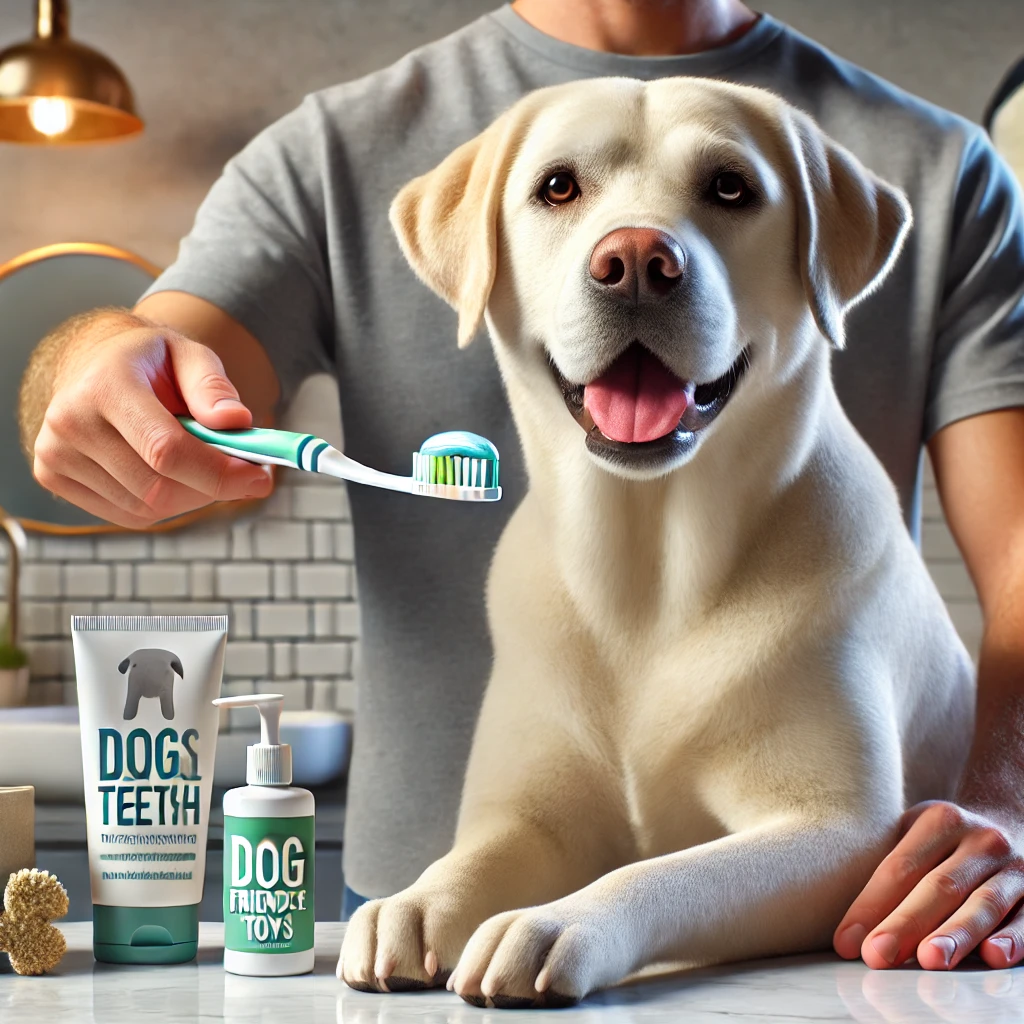
Keep Your Dog’s Teeth Healthy: Dental Care Tips
Dental health is a crucial yet often overlooked aspect of your dog’s overall well-being. Poor oral hygiene can lead to serious health issues, including infections, tooth loss, and chronic pain. By following some simple tips, you can ensure your furry friend has a bright smile and a healthy life. Read More
Ensuring Optimal Health for Your Pet
A veterinary guide is an essential resource for pet owners who want to provide the best possible care for their furry, feathered, or scaly friends. Regular veterinary visits, preventive care, and a good understanding of your pet’s health needs can ensure a long, happy life for your companion.
Importance of Veterinary Care
Early Detection of Health Issues
Routine checkups help identify potential health problems before they become serious, ensuring timely treatment.
Preventive Care
Vaccinations, parasite prevention, and dental care protect pets from common illnesses and infections.
Expert Guidance
Veterinarians provide tailored advice on nutrition, exercise, and behavior management specific to your pet’s needs.
Key Aspects of Veterinary Care
Regular Checkups
Schedule annual or bi-annual visits to monitor your pet’s overall health. For older pets, more frequent visits may be necessary to manage age-related issues.
Vaccinations
Keep your pet’s vaccinations up to date to prevent diseases like rabies, distemper, and parvovirus.
Parasite Control
Use vet-approved treatments to protect your pet from fleas, ticks, and worms, ensuring their comfort and health.
Dental Care
Regular dental checkups and cleaning prevent oral diseases that can affect your pet’s overall health.
Spaying and Neutering
These procedures not only help control the pet population but also reduce the risk of certain cancers and behavioral issues.
When to See a Veterinarian
Recognizing signs that your pet may need veterinary care is crucial. Common symptoms include:
- Lethargy or significant behavior changes
- Loss of appetite or weight
- Vomiting or diarrhea
- Difficulty breathing or limping
- Unusual lumps or skin issues
If you notice any of these, consult your veterinarian promptly.
Building a Strong Vet Relationship
Choose the Right Vet
Look for a licensed veterinarian with experience in treating your pet’s species. Recommendations from friends or online reviews can help.
Communicate Openly
Share details about your pet’s behavior, diet, and lifestyle to help your vet provide the best care.
Stay Informed
Ask questions during visits and educate yourself on your pet’s specific health needs.
Emergency Veterinary Care
In case of emergencies, knowing the location of a 24/7 veterinary clinic can save your pet’s life. Always have a pet first aid kit at home and know the basics of emergency care for your pet’s species.
A veterinary guide empowers you to take proactive steps in your pet’s health journey. Regular care, early detection, and a strong partnership with your vet ensure your beloved companion stays healthy and happy for years to come.

